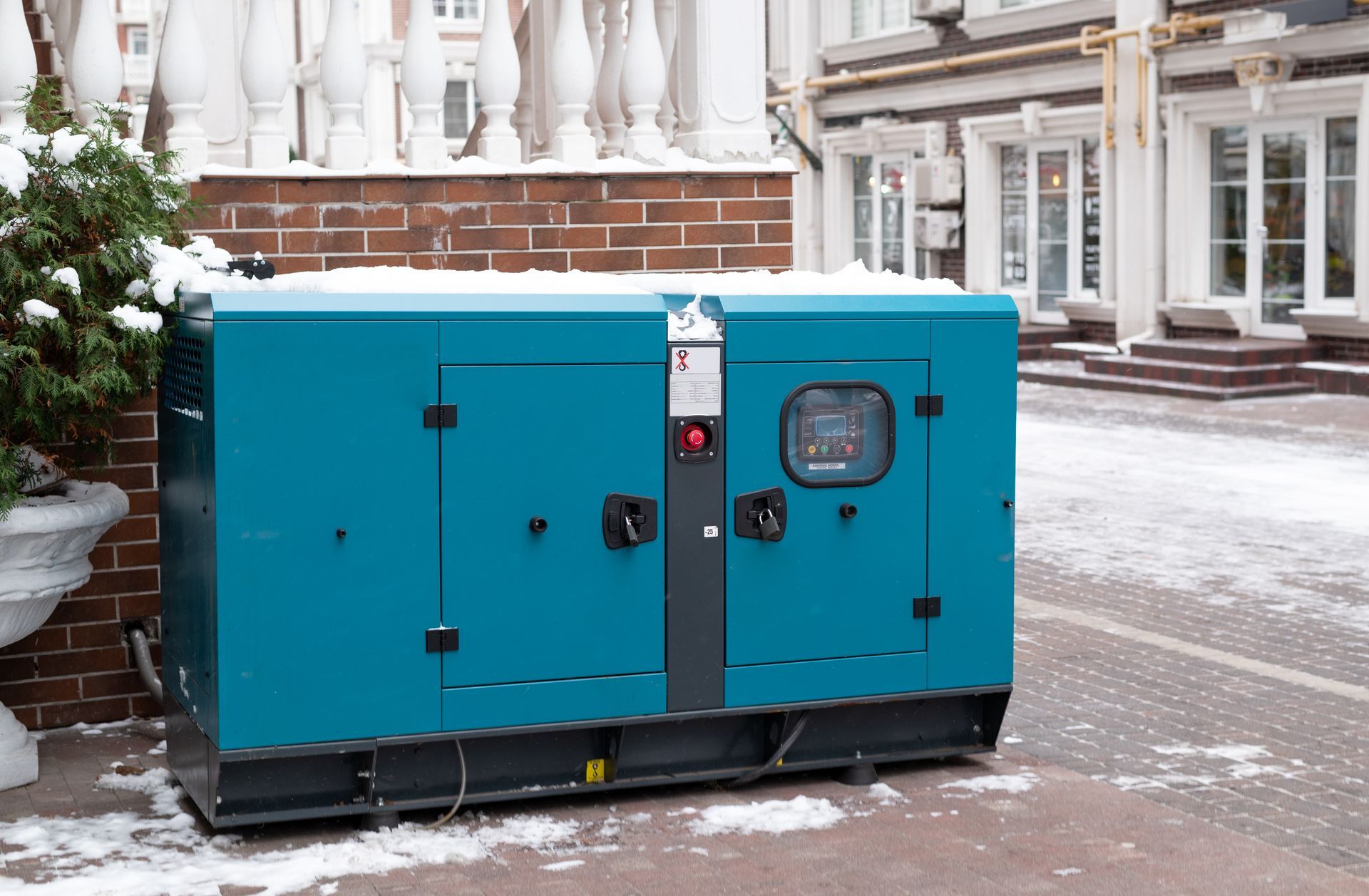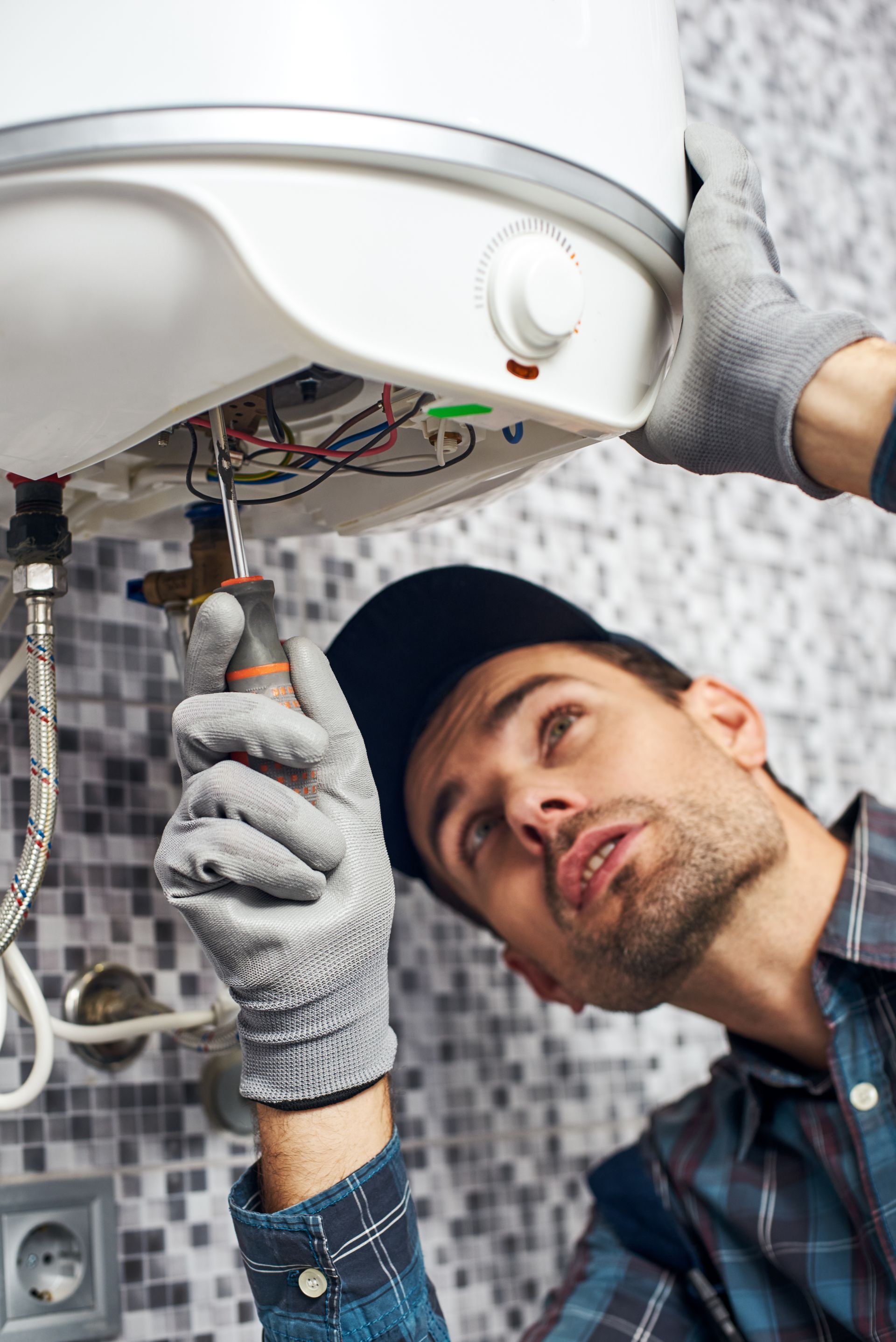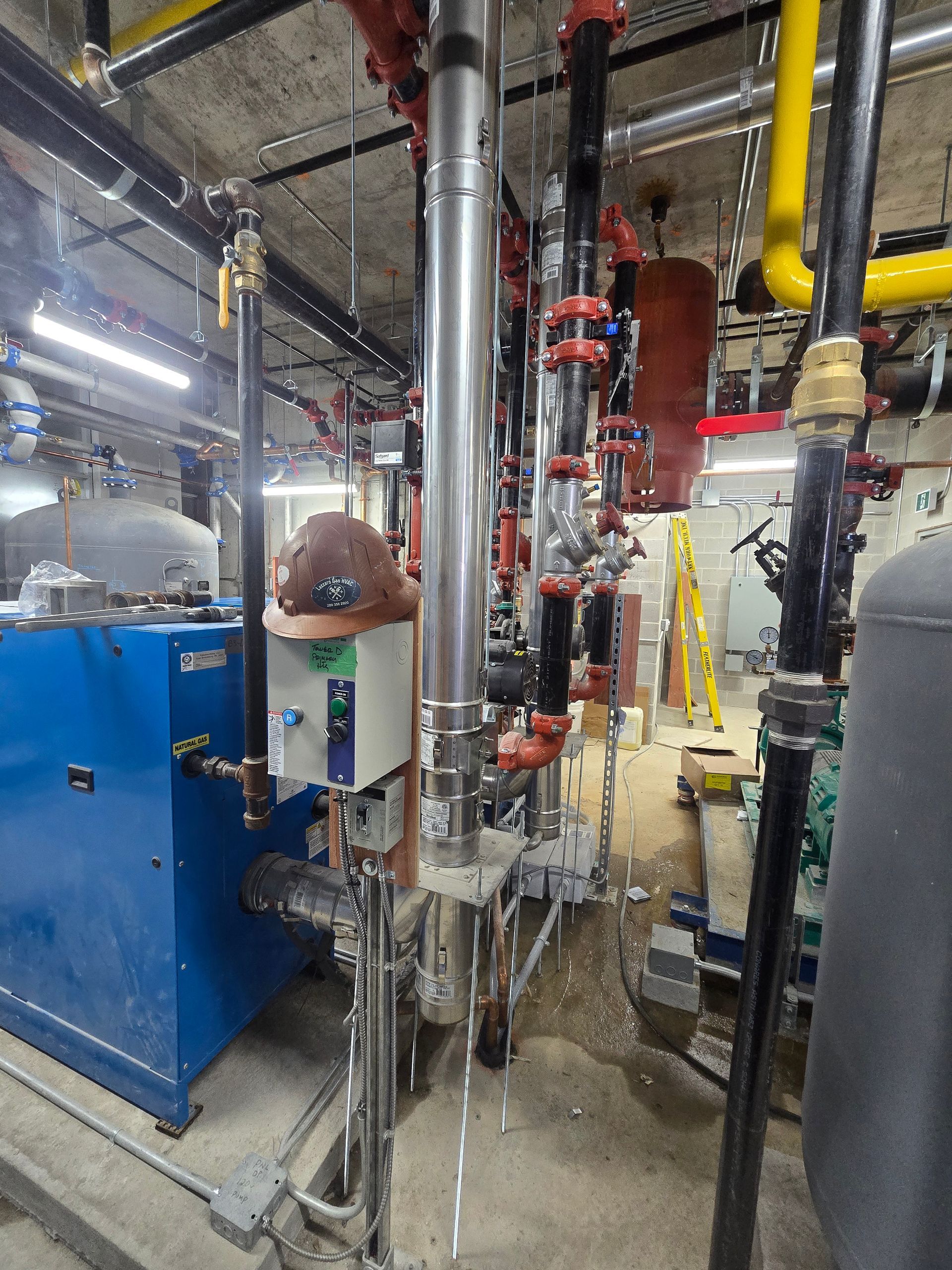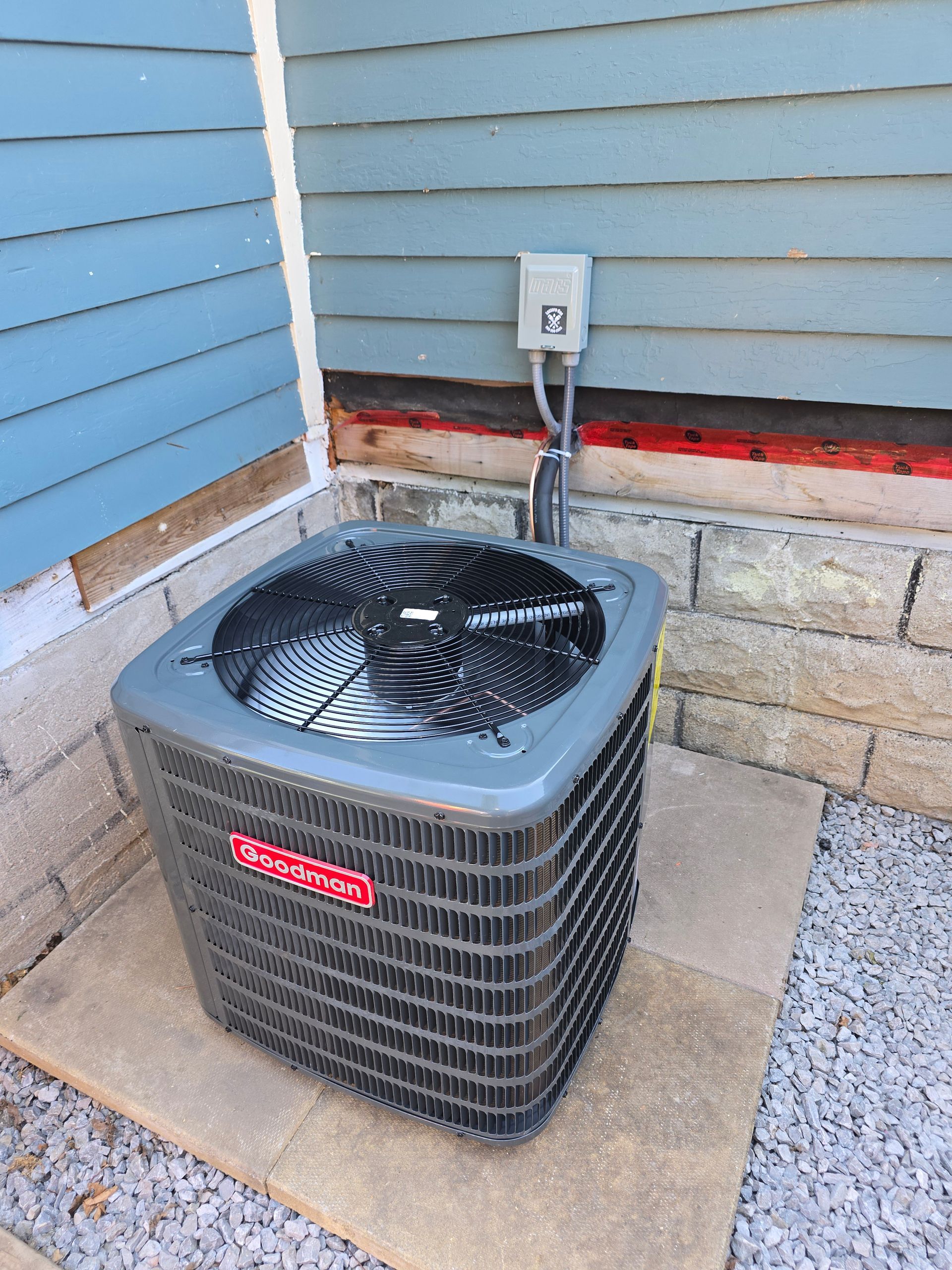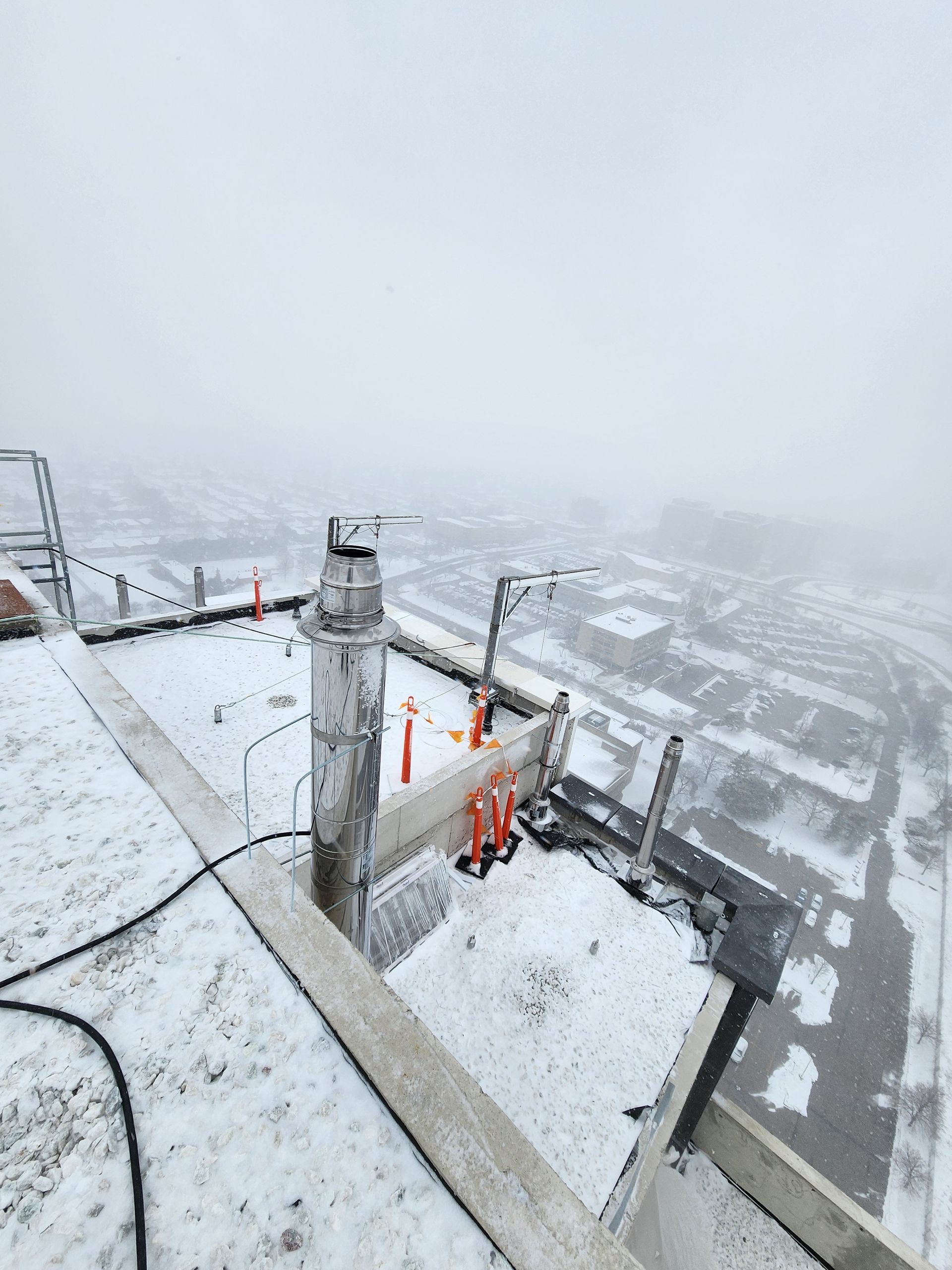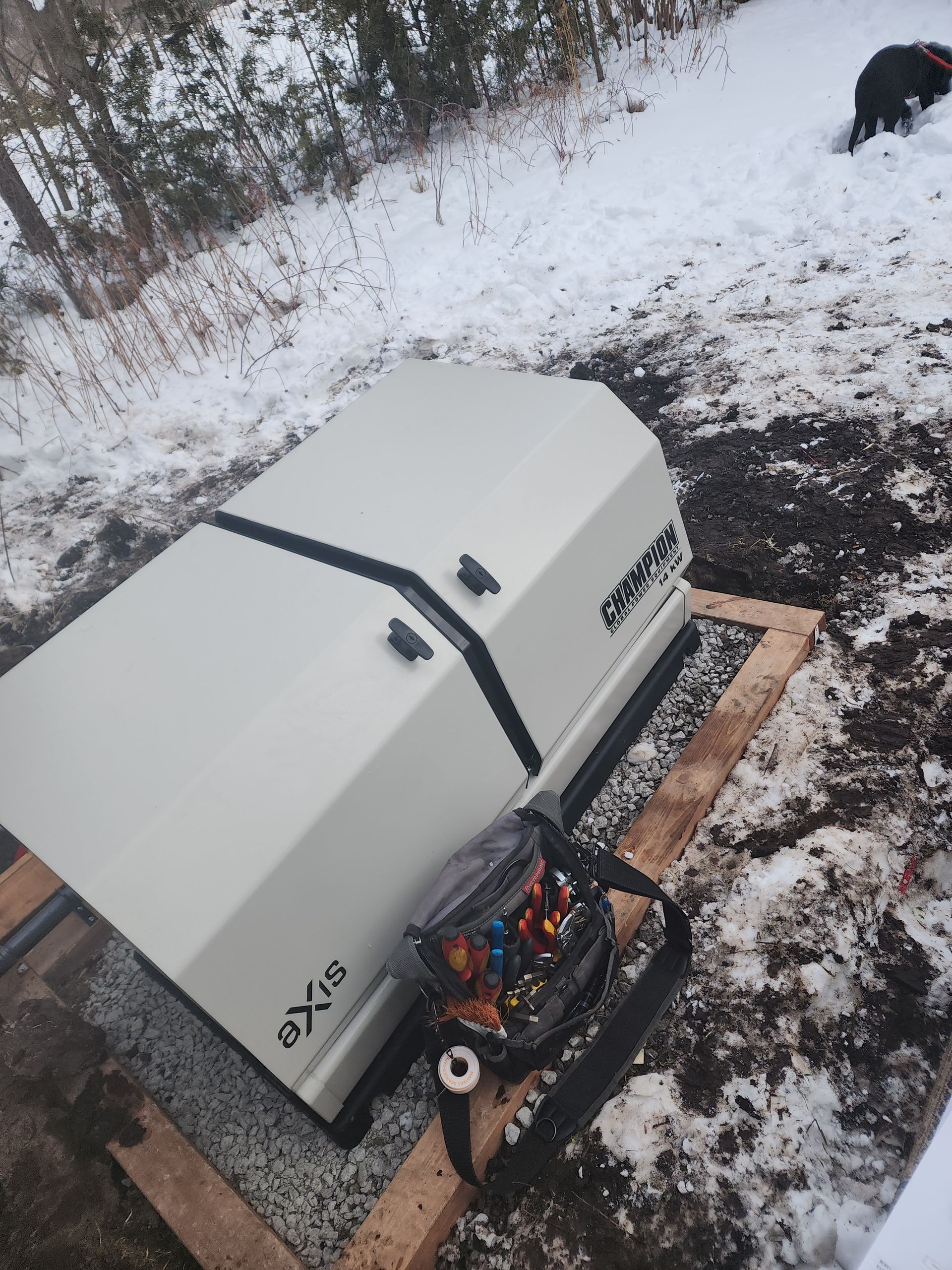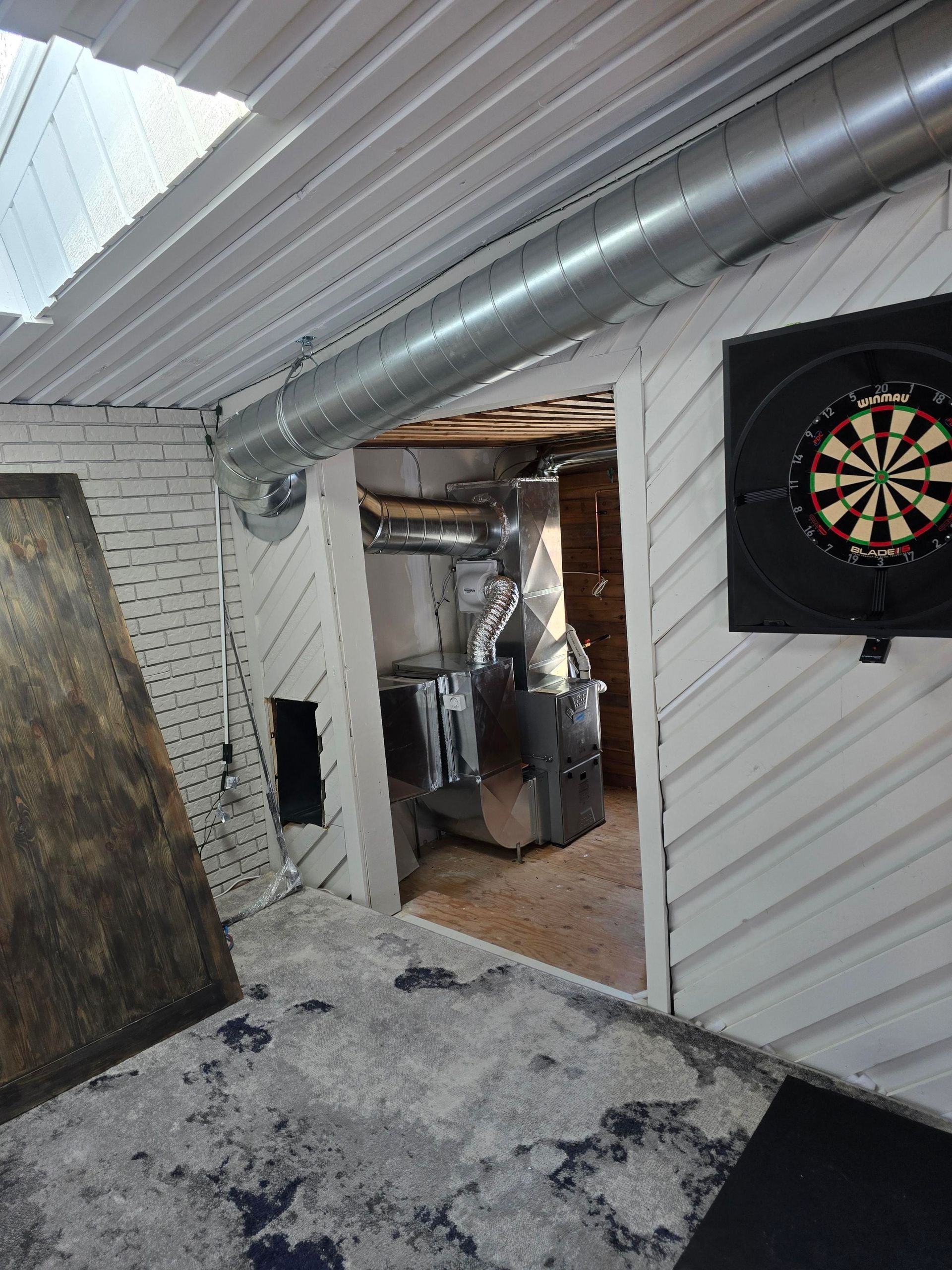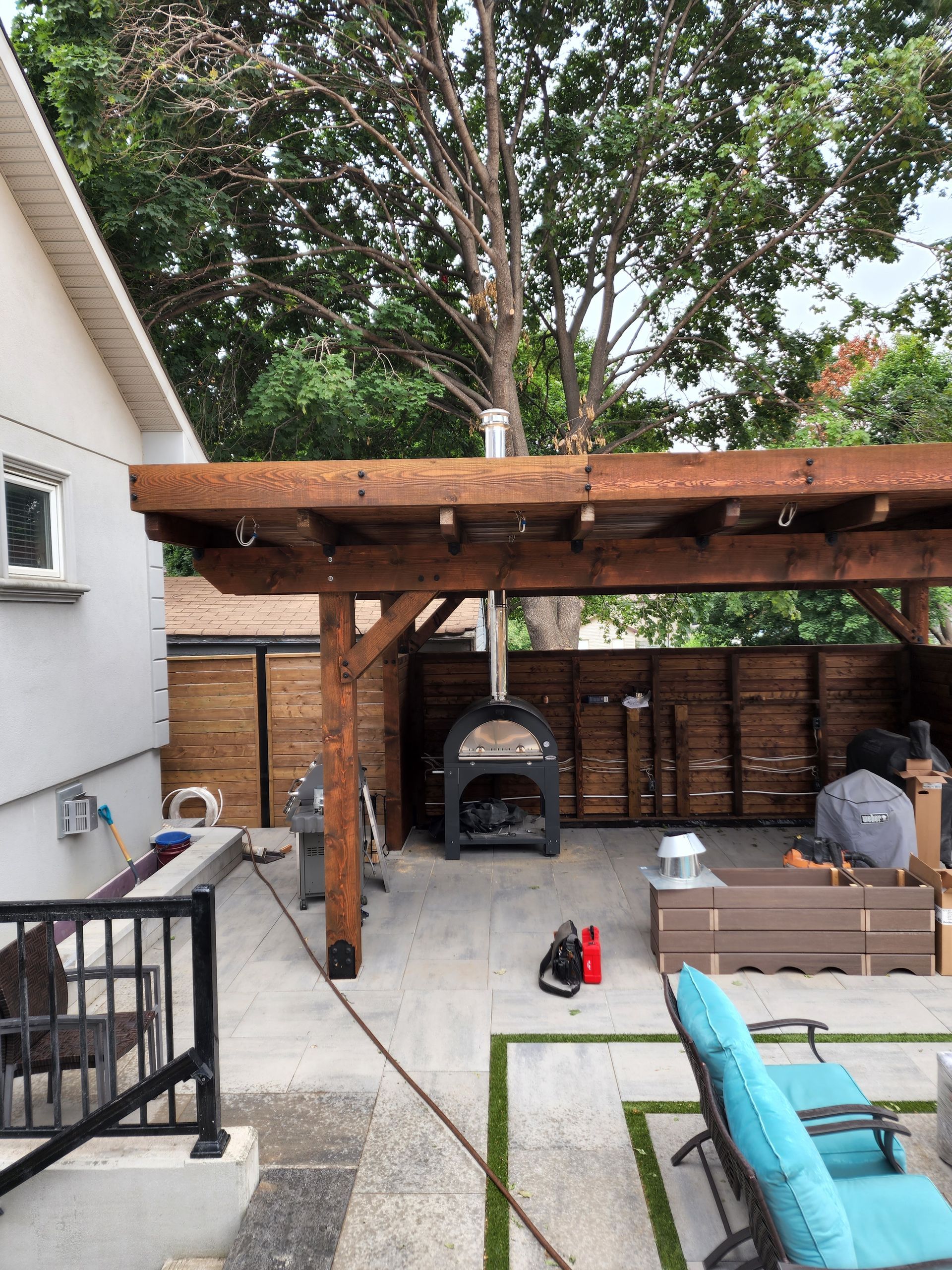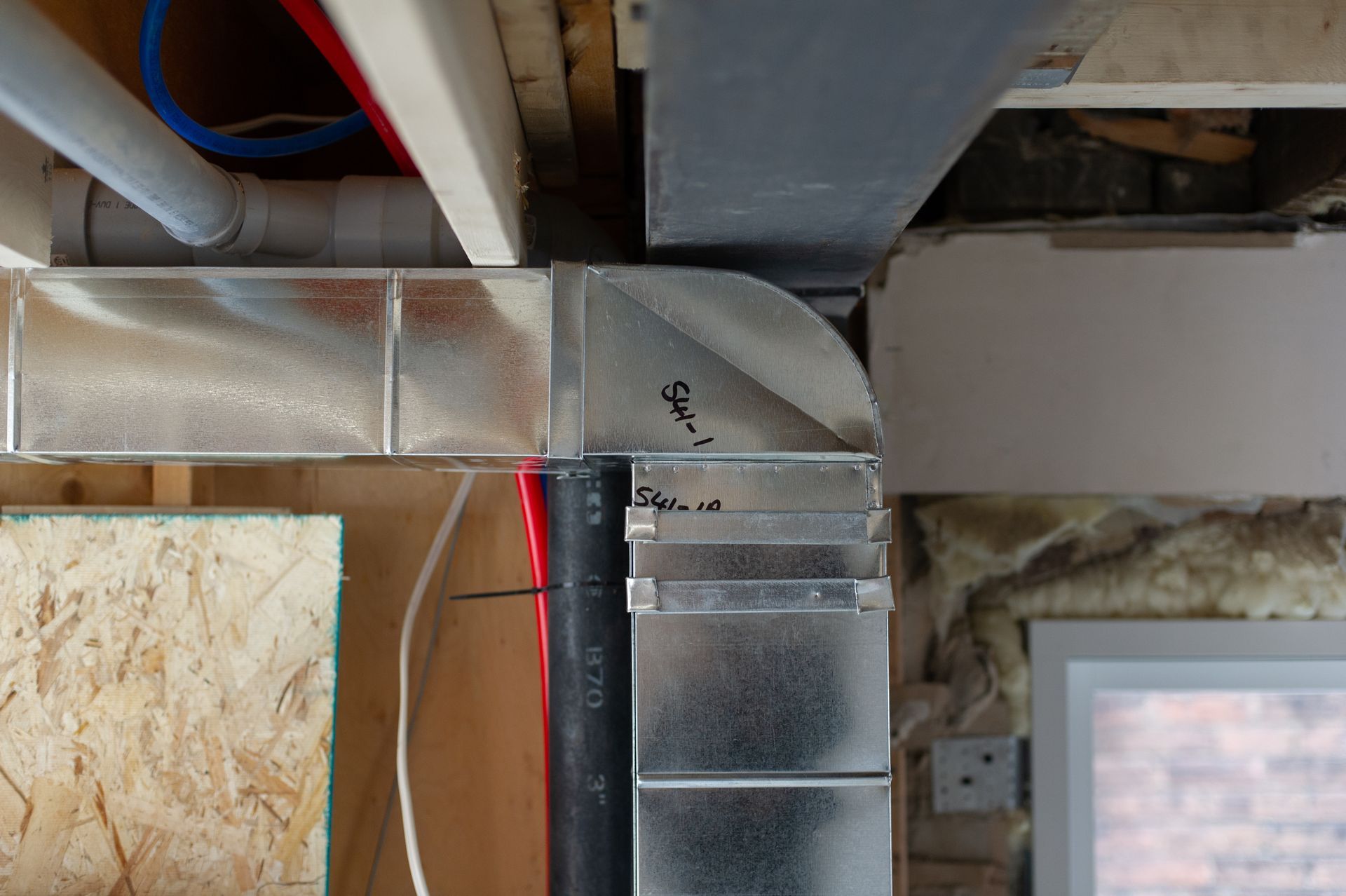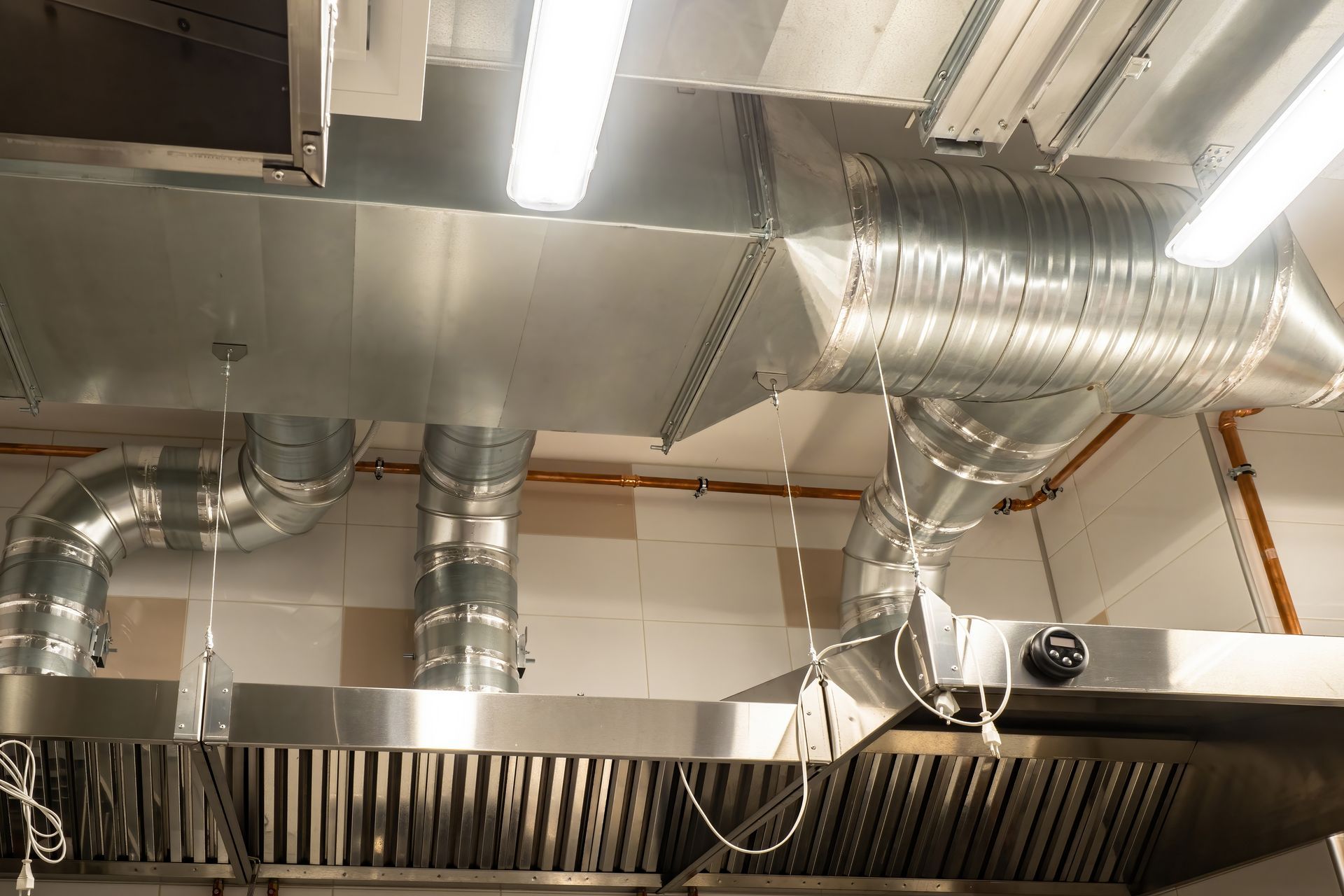Ensuring HVAC Efficiency in Whitby's Historic Homes
Whitby is renowned for its charming historic homes, which add character and cultural value to the community. While these homes offer unique architectural beauty, they often come with challenges related to modern comfort and efficiency. One of the primary concerns for homeowners of historic properties is ensuring efficient heating, ventilation, and air conditioning (HVAC) systems. This guide by Lazzaro Gas HVAC will explore how to maximize HVAC efficiency in Whitby's historic homes, balancing preservation with modern comfort.
Understanding the Challenges of Historic Homes
Historic homes in Whitby often have unique characteristics that can impact HVAC efficiency:
1. Non-Standard Construction: Older homes may have unconventional construction techniques and materials that can make retrofitting more complex.
2. Lack of Insulation: Many historic homes were built before modern insulation standards, resulting in drafts and energy inefficiencies.
3. Architectural Restrictions: Preserving the original look of these homes may restrict certain modern upgrades, requiring innovative solutions.
4. Aging Systems: Existing HVAC systems in historic homes may be outdated or inefficient, necessitating upgrades to meet current standards.
Evaluating Your Historic Home's HVAC Needs
Before implementing any upgrades, it's essential to evaluate your home's specific HVAC requirements. Consider these steps:
1. Conduct an Energy Audit: A professional energy audit can identify areas of inefficiency and recommend targeted improvements.
2. Assess Insulation and Sealing: Check for drafts around windows, doors, and other potential leakage points. Enhancing insulation can significantly improve efficiency.
3. Examine Current HVAC Systems: Evaluate the age and condition of existing HVAC equipment. Determine if retrofitting or replacement is necessary.
4. Understand Local Regulations: Be aware of any regulations or guidelines concerning renovations in historic homes to ensure compliance.
Improving HVAC Efficiency in Historic Homes
1. Insulation and Sealing
Improving insulation and sealing is a critical step toward enhancing HVAC efficiency. Adding insulation to walls, attics, and floors can significantly reduce heat loss. Additionally, sealing gaps around windows and doors with weatherstripping can prevent drafts, making your home more comfortable and energy-efficient.
2. Upgrading Windows
Replacing or refurbishing windows can also improve efficiency while preserving the home's historic character. Consider installing double-glazed windows designed to replicate historic styles. If replacement isn't an option, adding storm windows can provide extra insulation without altering the home's appearance.
3. Retrofitting Existing HVAC Systems
For many historic homes, retrofitting existing HVAC systems is a viable option. This involves updating specific components, such as thermostats and air handlers, to improve efficiency without replacing the entire system. Retrofitting allows for enhanced performance while maintaining the home's architectural integrity.
4. Installing Ductless Mini-Split Systems
Ductless mini-split systems offer an efficient heating and cooling solution for historic homes without extensive ductwork. These systems provide zoned heating and cooling, allowing you to control temperatures in individual rooms or areas. The installation of mini-splits is minimally invasive, preserving the home's historic features.
5. High-Efficiency Furnaces and Boilers
Consider upgrading to high-efficiency furnaces or boilers if your existing system is outdated. These units use advanced technology to provide effective heating with less energy consumption. High-efficiency systems can fit within existing infrastructure, providing a seamless transition to modern comfort.
6. Smart Thermostats and Controls
Installing smart thermostats and controls enables precise temperature management, improving HVAC efficiency. Smart systems allow you to program heating and cooling settings, learn your preferences, and even control your HVAC system remotely. This technology can lead to significant energy savings and enhance overall comfort.
7. Regular Maintenance
Regular maintenance is essential for maintaining HVAC efficiency in any home, but it's particularly crucial for historic properties. Routine inspections, cleaning, and servicing ensure that systems operate at peak efficiency, reducing wear and potential issues.
8. Consulting with HVAC Professionals
When dealing with historic homes, it's wise to consult with HVAC professionals experienced in working with older properties. Professionals can provide tailored solutions that respect the home's character while ensuring modern efficiency and comfort.
Contact Lazzaro Gas HVAC for Expert Solutions
Enhancing HVAC efficiency in Whitby's historic homes requires a careful balance of preserving architectural integrity and incorporating modern technology. At Lazzaro Gas HVAC, we specialize in providing customized HVAC solutions that meet the unique needs of historic properties. Our skilled technicians are committed to maintaining your home's charm while delivering comfort and energy efficiency. To learn more about how we can assist with your HVAC needs, contact us today at (289) 356-2920 or email lazzarogas@hotmail.com. Let us help you achieve optimal comfort and efficiency in your beautiful historic home.
